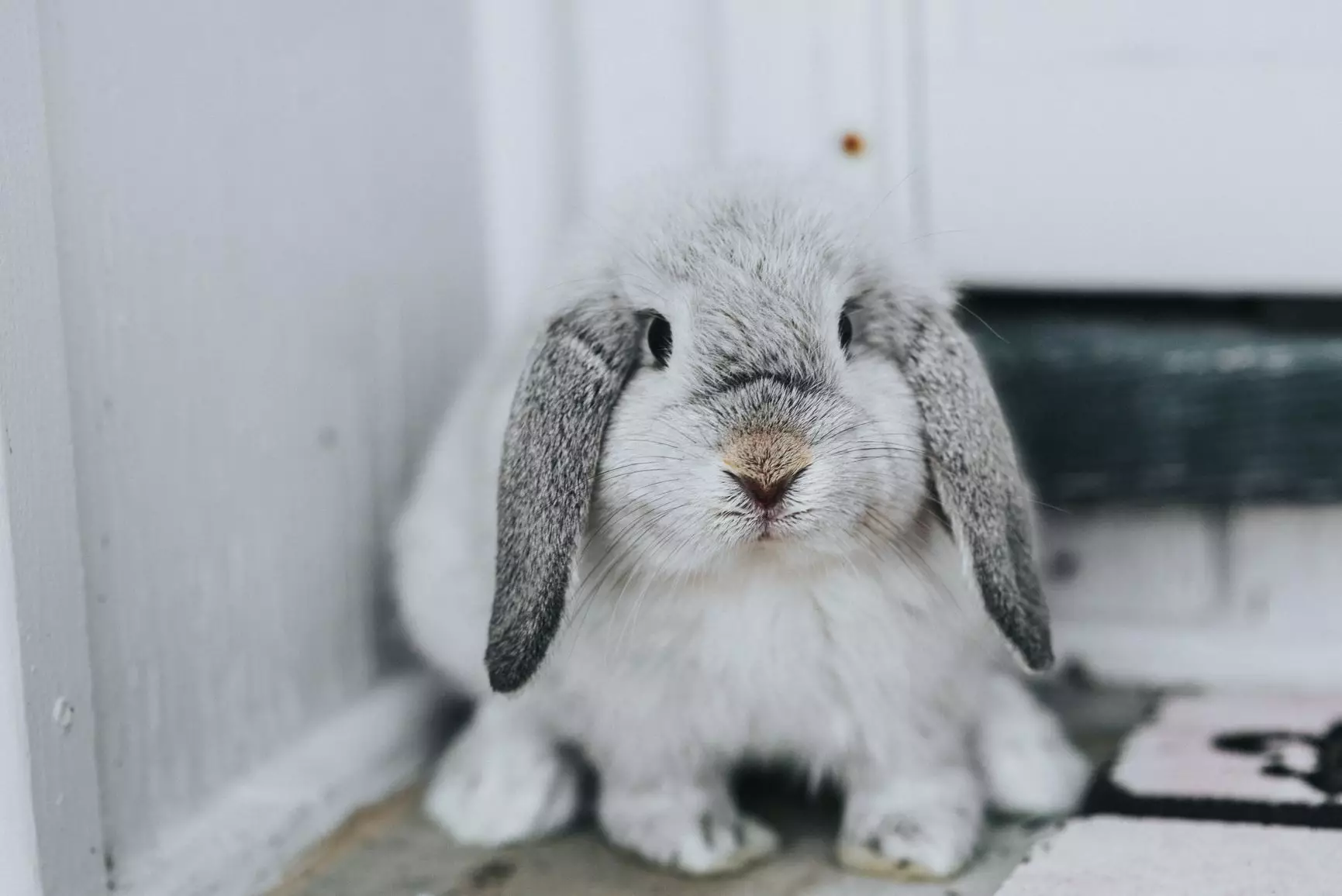Rabbits are increasingly popular as companion animals, offering an affectionate presence and unique personalities. However, potential rabbit owners should recognize that maintaining the health of these small creatures requires attentive care and knowledge of the specific health risks they face. By fostering a healthy living environment, providing a balanced diet, and recognizing early signs of illness, pet owners can help ensure that their rabbits live long, happy lives.
One of the most challenging aspects of caring for a rabbit is their instinctual behavior to conceal illness. As prey animals, rabbits suppress visible signs of weakness as a survival mechanism. For this reason, it is crucial for owners to be observant and proactive. Common symptoms of illness may include decreased energy, appetite, or significant changes in bowel movements. Observing these signs requires diligence and close monitoring of daily habits.
Lowered energy levels and diminished appetite can serve as alarming indicators. When a rabbit appears lethargic or shows a marked decline in eating and drinking, this may signal underlying health issues. Regularly tracking food and water intake can facilitate early intervention, making it easier to spot concerning trends before they escalate into serious conditions.
A rabbit’s gastrointestinal health is closely tied to its overall well-being. An abrupt halt in stool production can suggest gastrointestinal stasis, a common digestive problem that can have serious consequences if not addressed. Factors contributing to this condition may include a lack of dietary fiber, dental issues, or more severe ailments such as liver disease.
Loose stools or persistent diarrhea in rabbits should also prompt an immediate evaluation. These symptoms often indicate gastrointestinal distress, possibly due to dietary changes, parasites, or infections. Maintaining awareness of a rabbit’s litter box habits can be an effective way to gauge digestive health, allowing for timely veterinary intervention when issues arise.
Another area where owner observation is pivotal is grooming. Rabbits are known for their meticulous self-cleaning habits. Thus, any signs of poor grooming, such as matted fur or fecal stains, can indicate distress. Additionally, excessive drooling or fur loss may signal dental issues or other health concerns.
Changes in fur quality, such as dandruff or patches of hair loss, can be symptomatic of skin infections, some of which may be contagious. Regular gentle handling and tactile examination of your rabbit’s fur and skin can aid in detecting these abnormalities early.
Rabbits are obligate nasal breathers, making their respiratory health paramount. A rabbit showing symptoms typically associated with a cold—like nasal discharge, coughing, or difficulty breathing—requires immediate veterinary attention. Upper respiratory tract infections can escalate into grave conditions if not treated promptly.
Any abnormality in breathing patterns or signs of distress should prompt a trip to the veterinarian. Even benign symptoms can signal underlying issues that necessitate professionals’ evaluation and care.
Regular veterinary check-ups are a cornerstone of preventive care for rabbits. For the first four years, an annual visit is recommended, after which biannual visits ensure that any potential health issues are addressed quickly. A veterinarian knowledgeable about rabbits can provide tailored advice specific to your pet’s needs and detect illnesses early.
Preventive measures extend beyond routine check-ups. A balanced diet rich in hay, vegetables, and appropriate pellets fosters digestive health. Equally important is the maintenance of a clean, safe living environment that mitigates stress and helps prevent illness.
Touch and observation are essential tools for rabbit owners. Regularly handling your rabbit not only allows for bonding but also helps owners become acquainted with their pet’s body condition. This tactile engagement enables owners to detect lumps or injuries before they become serious problems.
As attentive caregivers, it’s imperative to remain vigilant for any changes in behavior or health. If any concerns arise, seeking veterinary advice without delay can significantly enhance recovery outcomes for afflicted rabbits.
The joy of rabbit ownership comes with the responsibility of mindful care. By ensuring regular vet visits, maintaining a healthy diet, promoting proper grooming, and being observant, owners can significantly improve their rabbit’s chances of a long, healthy life.

